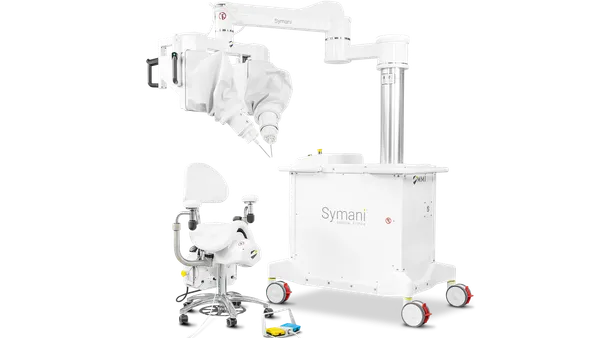Dive Brief:
- FDA Commissioner Scott Gottlieb Tuesday laid out the agency’s plan to build a new $100 million medical data system that aims to better use real world data (RWD) collected from electronic health records to evaluate the safety of medical products after they hit the market.
- The new system, first laid out in President Donald Trump’s Fiscal Year 2019 Budget proposal, would rely on information being collected through the EHRs of 10 million individuals, Gottlieb wrote.
- The agency chief said that relying on payer claim data, while helpful, poses limitations around the timeliness and clarity of the reporting of medical events. Allowing FDA to utilize de-identified EHR clinical medical information would boost safety monitoring and shift more development to a post-market setting, Gottlieb said.
Dive Insight:
One of the biggest obstacles to establishing a system to collect data from EHR records, claims, product and disease registries, patients and mobile health devices is the lack of interoperability of systems that hold the data.
Gottlieb highlighted the establishment of uniform data standards and definitions as a critical step.
“Achieving interoperability and establishing data standards, while conceptually obvious, is by no means easy to accomplish,” Gottlieb said. “For example, the [FDA's] Sentinel System has taken advantage of a well-established source of real world data, claims and billing data. But claims and billing data, while well established and characterized, don’t necessarily capture the full scope of actual patient treatment.”
The agency chief hinted at support for medical devices carrying Unique Device Identifiers. Without such information, Gottlieb said, the utility of claims data is hindered.
Payment bundles are another barrier to good RWD collection through claims data, according to Gottlieb. “Physicians may not be recoding every treatment in claims and billing data because of payment bundles, so the exact treatment is not known,” he said.
To accomplish FDA’s goals, Gottlieb said that it is critical there continues to be investment into the development of the FDA's National Evaluation System for health Technology, known as NEST, a system that aims to collect evidence across a medical device’s lifespan to evaluate safety and support regulatory decisions.
“Most importantly, we must develop the means to govern the responsible use of these data and to provide timely access to a broad group of public and private entities through the creation of a national resource. All the while, we must maintain strict data security and privacy of personal information,” Gottlieb said.
The creation of an interoperable system that collects EHR data would give FDA a near real-time tool for monitoring post-market safety, leading to lower costs to industry, according to Gottlieb.
“Investing in the creation of a national resource that leverages real world data, establishes data standards to facilitate interoperability, and promotes data quality for the integration of this evidence into medical product development and clinical care is a key national investment,” Gottlieb said.













